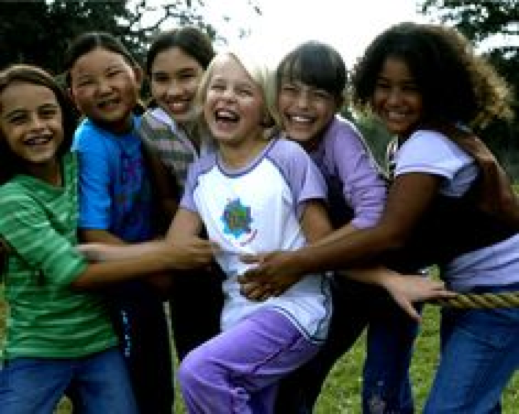A merry heart does good, like medicine.
Proverbs 17:22 NKJV
Children love to laugh and they laugh readily and energetically. It has been said that the average 4-year-old laughs 300 times a day! What I didn’t know was how beneficial a sense of humor and laughter are to children. As I was researching this topic, I learned about these benefits and hope that you will be motivated to laugh more and encourage your children to develop a good sense of humor.
At the website www.theirworld.org, early childhood development writer Elaine Hunter explains that laughter is a vital part of a child’s development. For babies and children, laughter becomes a part of how they engage people – their social interaction. As children grow older, humor allows them to learn to put thoughts together and process language. As they memorize jokes, their memorization skills improve.
According to clinical psychologist Emma Cintron, “humor and laughter also defines children’s friendship groups. They will bond with children they can laugh with because they all find the same things funny. There are lots of different people in the world and we all laugh at different things.” Ms. Cintron encourages parents to use humor when talking with children, especially about difficult subjects. “We can tackle difficult subjects with the use of humor. It’s a healthy parenting aid. When things make us laugh, we are less stressed and deal with things in a more positive way. Humor allows children to see things from a different perspective and to look at the world in a different way.”
Consider incorporating humor more and more in your daily interactions with your children. They will learn from you and enjoy laughter throughout their days.

